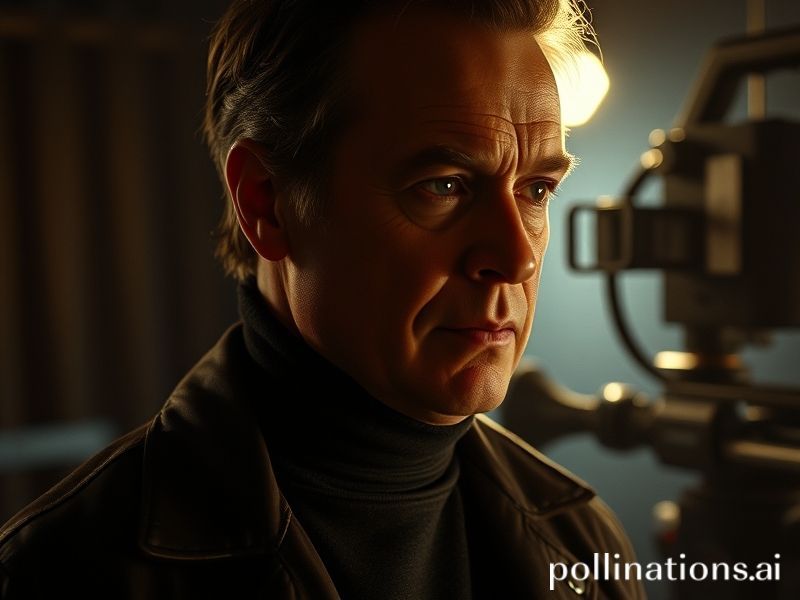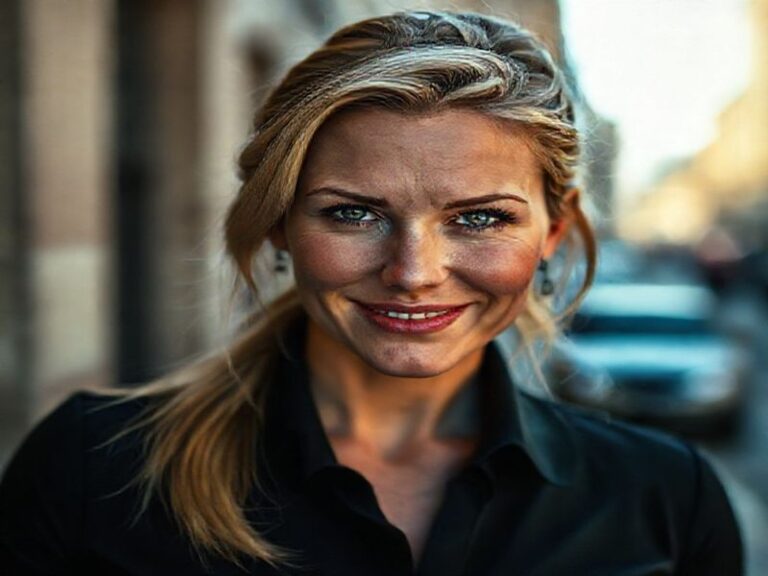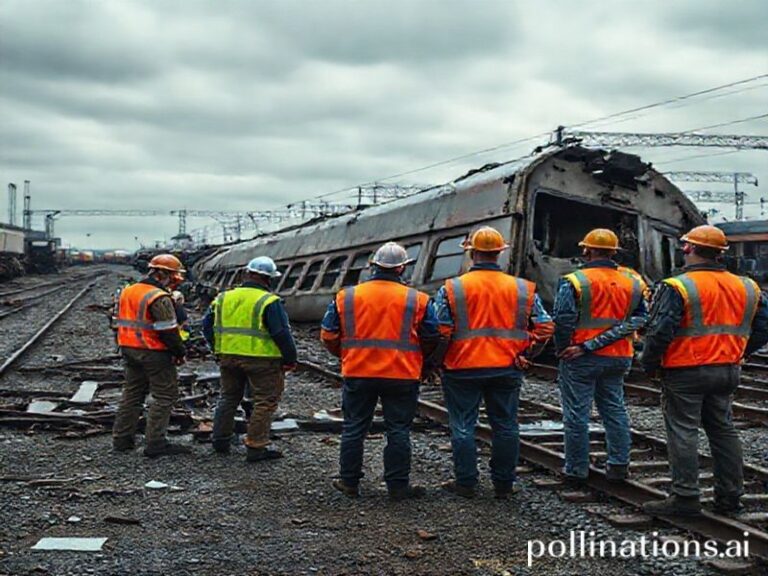How Michael Keaton Became the World’s Most Unlikely Cultural Ambassador of Second Chances
**The Accidental Statesman: How Michael Keaton Became the World’s Most Unlikely Cultural Ambassador**
In an era when Hollywood exports everything from superhero fatigue to democracy-flavored entertainment, Michael Keaton stands as perhaps the most improbable American cultural export since McDonald’s tried teaching the French about portion control. The man who once played a sentient snowman has somehow evolved into a global symbol of career resurrection so profound it makes Jesus look like an amateur.
From Tokyo art houses to Tunisian cafés, Keaton’s 2014 comeback in “Birdman” sparked a worldwide phenomenon that cultural anthropologists are still pretending to understand. The film’s meditation on faded glory and artistic relevance resonated from Mumbai to Manchester, largely because everyone—regardless of nationality—understands the particular humiliation of becoming irrelevant in an industry that considers last year’s iPhone ancient history.
The international implications of Keaton’s career trajectory reveal more about our collective desperation for second chances than any UN peace initiative. When “Birdman” premiered at the Venice Film Festival, Italian critics hailed it as “unflinchingly honest about artistic obsolescence,” which is Latin for “thank God Americans also suffer from crippling self-doubt.” The film’s success transformed Keaton from that guy who played Batman before Batman became a quarterly earnings report into a global metaphor for middle-aged reinvention.
In South Korea, where plastic surgery rates outpace kimchi consumption, Keaton’s weathered face has become bizarrely aspirational. Seoul dermatologists report patients requesting the “Keaton rugged,” apparently preferring the distinguished decay of actual aging over the standard “perpetually surprised” look. Meanwhile, in Brazil, favela film clubs have embraced his working-class Pennsylvania authenticity as an antidote to their own telenovela-perfect protagonists, proving that nothing travels quite like genuine desperation.
The global economic implications of Keaton’s resurgence shouldn’t be overlooked by anyone who enjoys overthinking entertainment. His career revival has spawned an entire consulting industry promising “Keaton transformations” to washed-up executives from Prague to Perth. For merely $50,000, former titans of industry can attend weekend workshops where they learn to embrace their irrelevance while practicing meaningful stares into bathroom mirrors.
Perhaps most tellingly, Keaton’s portrayal of Ray Kroc in “The Founder”—a film about the relentless Americanization of global cuisine—screened to packed theaters worldwide, where audiences simultaneously condemned corporate imperialism while chewing on McNuggets. The irony wasn’t lost on anyone except the irony-impaired, which, judging by social media, represents roughly 73% of humanity.
His recent return as Batman in “The Flash” despite being old enough to qualify for senior discounts at participating Gotham villains’ lairs, speaks to our collective refusal to let anything die gracefully. From Beijing to Buenos Aires, audiences lined up to watch a 70-year-old man pretend to punch CGI monsters, suggesting that global culture has collectively agreed that dignity is overrated when nostalgia pays this well.
In conclusion, Michael Keaton’s unlikely evolution from comedic actor to international symbol of persistence reveals less about Hollywood’s capacity for redemption than about humanity’s pathetic need to believe that nobody stays dead forever—not careers, not franchises, not even our dignity. In a world where everything expires except student loans, Keaton stands as proof that you can indeed go home again, provided home has been digitally remastered for IMAX.
The man who once Beetlejuiced his way through Tim Burton’s imagination has become something far more valuable: a global reminder that failure is just success wearing a fake mustache, waiting for the right cultural moment to reveal itself. In an age of infinite reboots, Keaton isn’t just an actor—he’s a walking, talking sequel to the American Dream, now playing at a theater near you, whether you’re in New York, Nairobi, or Novosibirsk.







